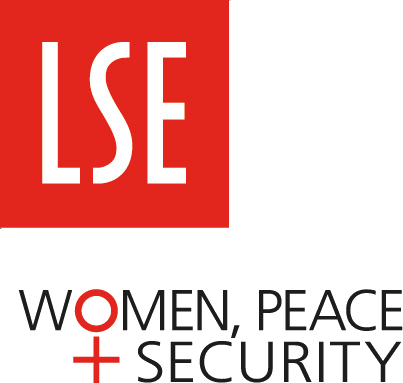Kwame Marfo looks beyond DRC’s current leadership crisis to imagine a new future for the Central African country.
“You never want a serious crisis to go to waste,” quipped Rahm Emmanuel, President Obama’s Chief of Staff on the back of the crisis the new administration faced following the global financial meltdown. This provided the political capital to pass the most sweeping social policy and financial reform programs in a generation and led to the re-construction of the administrative state.
If there ever was a country in need of a similar shock therapy, the Democratic Republic of Congo (DRC) might make for a suitable candidate. In a 2011 study by the United Nations Environmental Program (UNEP), DRC was estimated to have $24 trillion in untapped mineral reserves. This was bigger than the combined economies of the United States and Europe at that time. Yet simultaneously, DRC’s citizens are at the bottom of most global misery indices (ranked 176 out of 188 countries on UN’s Human Development Index).

Photo Credit: MONUSCO Photos via Flickr CC BY-SA 2.0
To be fair, the problems in the DRC predate the ruling elite, with roots in the grand larceny of Belgium’s King Leopold and the dictatorship of Mobutu Sese Seko. That said, the current president, Joseph Kabila has allegedly not been a passive actor in the systematic looting of Congolese wealth. According to Bloomberg, Kabila and his family have assembled an international business network across at least 70 companies, including diamond permits that stretch more than 450 miles. There have been calls for Kabila to step down after the expiration of his term for fresh elections to be held.
While every attempt must be made to get Kabila out of office, I believe that early elections could lead to suboptimal outcomes. Extractive institutions inherited from the colonial era without checks and balances have been further hollowed out in the post-colonial experience. It is as if the DRC has been playing host to a real life enactment of George Orwell’s allegorical novel, Animal Farm, in which Old Boar summoned his comrades to overthrow their leaders only to find the goodies of power too alluring to resist.
A more enduring approach would be to set up a representative transitional government of technocrats, with a constituent assembly of representatives from various regions and respected civil society organisations like the Catholic Church and traditional authorities, similar to a private equity style deal. In such transactions, private equity bosses take mismanaged businesses out of the glare of public markets, where pressure to meet quarterly results could lead to short term decisions (much like ill-prepared elections). This affords them the space and the time to build up the capacities and defenses of these businesses until they are ready for a public float. Constitutional safeguards such as sunset provisions and/or referendums to renew the mandate of this government should be introduced to ensure that the democratic will of the people is not subverted.
The haste for quick elections is premised on the notion that any democratic system of government is better than none at all. However as LSE development economist, Professor Teddy Brett points out in a 2008 paper, State Failure and Success in Uganda and Zimbabwe, this system of government “presupposes social systems that have already undergone fundamental processes of social change… sustained by strong political parties, pressure groups, media organisations and educational and research institutions;…bureaucracies…run by well-trained personnel, recruited by merit and not subjected to illegitimate political interference…”
Where these pre-requisites do not exist, the outcomes tend to lead to what I call, ‘plastic democracies’, which provide cover for political entrepreneurs to abuse the instruments of power for private gain.
In my country, Ghana, often held up as an African democratic success story, its model has become unstuck and vulnerable to internal and external pressures. Less-than-robust institutions have compromised the state’s capacity to withstand internal challenges from political clients seeking giveaways (subsidies, salary increases, bloated public sector contracts, etc) at the expense of investments in hard and soft infrastructure to bring out the best out of the nation’s most valuable asset – its people.
This has left the economy excessively reliant on the export of primary commodities, with limited capacity to absorb external shocks such as a fall in commodity prices. Besides, the irony is not lost on the citizens that the best run economies on the continent – Rwanda and Ethiopia – have alternative systems of governance while our role model, the United States, appears to be making a sorry spectacle of a system it has embodied. As a result, a small vocal minority among Ghana’s liberal elite are expressing a yearning for a return to military rule.
Historically, Congo has been strategically among the most important countries in Africa, not least given the critical role its natural resources play in shaping the global economy. It has recently taken a wrong turn due in no small measure to policy errors. It is a choice it made and as a consequence, it is within its gift to reverse course. To paraphrase Benjamin Franklin, if we waste this crisis, posterity will never forgive us.
Kwame Marfo is a social entrepreneur, writer and an activist championing human rights, entrepreneurship and good governance in the DRC. He previously worked in strategy at the Bank of England and is an LSE alumnus.
The views expressed in this post are those of the author and in no way reflect those of the Africa at LSE blog, the Firoz Lalji Centre for Africa or the London School of Economics and Political Science.




